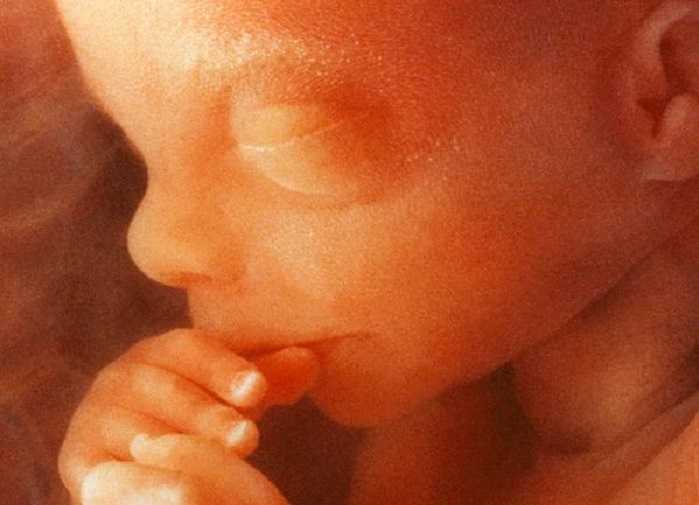South Carolina lawmakers plan to move forward Tuesday with a bill that would protect unborn babies from abortion once their heartbeats are detectable.
The heartbeat bill passed the South Carolina House in the spring, and Republican Gov. Henry McMaster promised to sign it if it reaches his desk.
On Tuesday, the state Senate is slated to begin public hearings on the bill, the Index-Journal reports.
State House Bill 3020 would require abortionists to test for a fetal heartbeat before every abortion and prohibit abortions if a heartbeat is detected. It also would require abortionists to offer the woman the chance to hear her baby’s heartbeat and see the ultrasound. Exceptions would be allowed for threats to the mother’s life.
An unborn baby’s heartbeat is detectable by about six weeks of pregnancy, though new research suggests the heartbeat may begin as early as 16 days after conception. If the bill becomes law and withstands a legal challenge, it could ban almost all abortions in South Carolina.
Tony Foster, senior pastor at Restoration Worship Center in Greenwood, is one of the 60 people who plans to testify at the state Senate Medical Affairs subcommittee hearing, according to the local news.
PRO-LIFE COLLEGE STUDENT? LifeNews is looking for interns interested in writing, social media, or video creation. Contact us today.
“Even though we preach about abortion in our church, we teach about, ‘This is an atrocity,’ I feel like we have to do a little bit more in the marketplace,” Foster said. “We got to be vocal. It’s not enough to be a Christian or have a silent view or private view about life.”
He said his church counsels women facing unplanned pregnancies and encourages them to choose life for their unborn babies.
State Rep. John McCravy, R-Greenwood, the lead sponsor of the bill, said he believes South Carolina needs to act after New York, Illinois, Vermont and other states passed radical pro-abortion laws earlier this year allowing babies to be aborted for basically any reason up to birth.
“It’s a reaction to these proposals for atrocities coming from other jurisdictions, so I think our people are not for that, and so that’s why this has gained so much momentum,” McCravy said.
A legal challenge is almost certain. Susan Dunn, interim executive director of the South Carolina American Civil Liberties Union, said they will file a lawsuit if the heartbeat legislation becomes law. The ACLU is challenging similar laws in several other states.
“It’s a piece of legislation in search of a lawsuit,” Dunn told the local news. “I’m absolutely sure that if this passes, like these similar bills in every other state where these have passed, there will be a legal challenge.”
State Attorney General Alan Wilson promised to defend the law if that happens, according to the report.
“The very first, most fundamental right is the right to life and I’ve always been committed to protecting that,” Wilson said in a statement. “This is also an issue of protecting the ability of states to pass laws that their citizens want without interference from the federal government.”
Some pro-lifers have renewed hope that the U.S. Supreme Court will uphold an abortion ban and overturn Roe v. Wade. Others, however, are hesitant because of concerns about losing the court battle and being forced to reimburse pro-abortion groups for their legal fees.
None of the heartbeat laws that passed in Ohio, Kentucky, Georgia, Mississippi or Missouri are in effect. Courts have blocked them all.
The Supreme Court took away the states’ ability to protect unborn babies from abortion under Roe, and instead allowed abortion on demand through all nine months of pregnancy. Roe made the United States one of only seven countries in the world that allows elective abortions after 20 weeks. There is more hope that the new conservative-majority U.S. Supreme Court may consider overturning Roe, but it is difficult to say if it would for certain.








